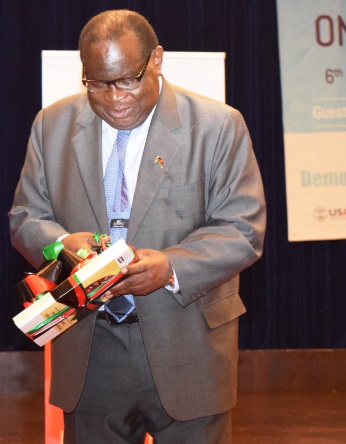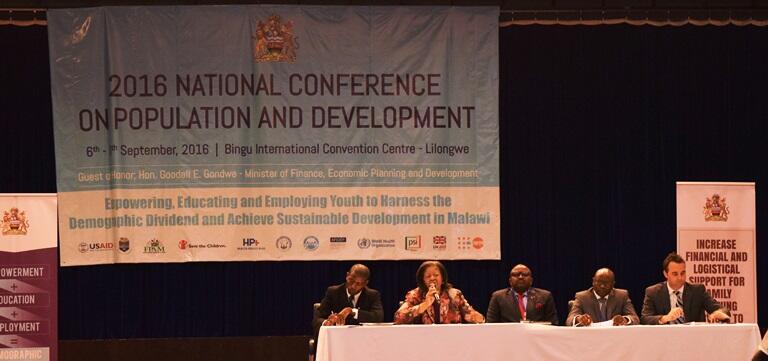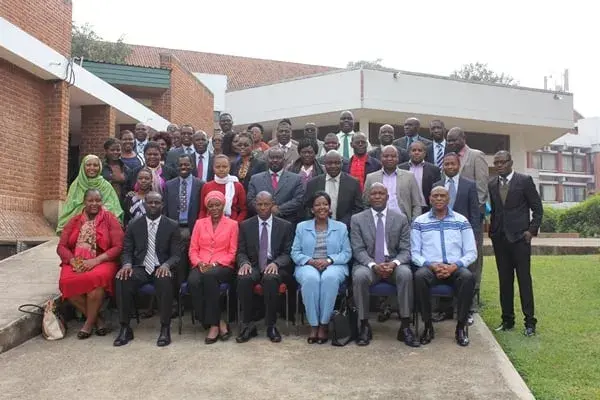Malawi hosted the National Conference on population and development from 6th to 8th September 2016 where the country’s demographic dividend report was also launched. The theme of the conference was “Empowering, Educating and Employing Youth to Harness the Demographic Divided and Achieve Sustainable Development in Malawi”. The conference was convened to provide a platform to review the progress the country has made in addressing its population and development challenges and share related experiences and innovations.

Demographic Dividend in Malawi
In 2013, Malawi attended the 6th joint African Union Commission/United Nations Economic Commission for Africa Conference for Ministers of Finance, Economic Planning and Development, which called for a continent wide demographic dividend initiative to enable accelerated socioeconomic development. Further to that, Malawi is a signatory to the 2013 Addis Ababa Declaration on Population and Development in Africa beyond 2014, under the theme “Harnessing the Demographic Dividend: The Future We Want for Africa.” The declaration recognises the role of population dynamics in socioeconomic transformation and seeks to unleash the full potential of the youth to boost socioeconomic development. Several African countries have operationalised the declaration. In this regard, with support from the United Nations Country Team under the technical leadership of UNFPA, Malawi commissioned a study on Harnessing the Demographic Dividend to Accelerate Socioeconomic Transformation and Economic Development in Malawi. The aim of the study was to assess the challenges and opportunities that Malawi is facing to harness the demographic dividend.
The study report was therefore launched and disseminated during the conference outlining the key policy recommendations on how Malawi can harness the potential of her youthful population to achieve socioeconomic development. The report has demonstrated that if the necessary integrated multisector investments to facilitate fertility decline, enhance human capacity development, accelerate economic growth and improve governance and accountability are made, Malawi can reap a sizeable dividend over the next three to four decades. It is estimated that about 80% of the Malawi’s population is below 35 years. Over 200 delegates attended the conference including young people.




